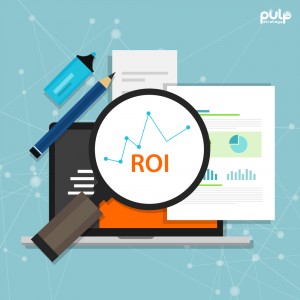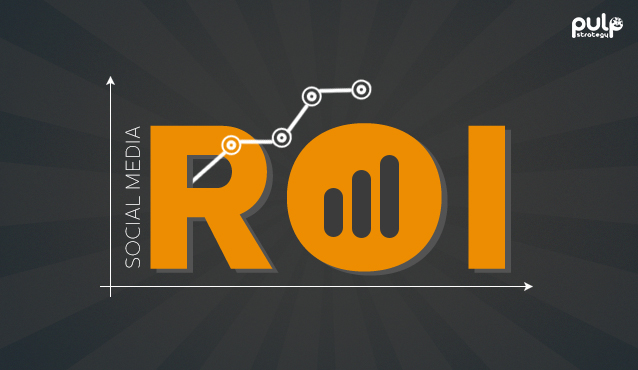Social media platforms have spearheaded an era of revolution for business houses. Organisations are now making optimum use of Facebook and Instagram accounts coupled with twitter handles to make way for customer engagement, online sales and creating brand loyalty. In addition, these social media platforms are indirectly driving a lot traffic towards a company’s main website; thereby supercharging the SEO techniques, to further provide leverage to a company’s business. Keeping in mind their benefits, business houses have started vesting more time and resources into their social media campaigns and activities, to ensure that they make the most of their online time.
Here’s how to measure the success of your social media campaign
Are you optimising your time, money and resource in the best manner feasible? Are you facing challenges in calculating your online success? Well, measuring success for social media campaigns can be dicey at times since there is no direct parameter to gauge the brand image and value your product/service is creating for your customers. In addition, it is equally difficult to measure how much value a tweet or a status update lends to your business. However, there are a few things that you could measure via social media marketing activities such as number of clicks, traffic sent to your website, number of queries received, number of replies et al. You could further assimilate and analyse the quantitative data and use a few tools to check if you need to up the ante. Listed below are four 6 useful tools that help organisations to measure their success on social media platforms.

1. Page Insights: If Facebook is your medium to deliver contents per se your product/service, then ‘page insights’ is the tool that you need to make maximum use of. The tool provides information such as the number of people who clicked on your posts, the number of people who liked/reacted to your posts or the number of people your post reached across. This further makes it easier for business houses to quantify their data and resources.
2. Hootsuite: The tool happens to be an excellent medium to track the eventual growth of brand/company over a period of time.
3. Google Analytics: The afore mentioned tool is used to track which social media platform your traffic is coming from. This further allows an organisation to devise paid marketing strategies for a particular social media platform that is garnering rave reviews and comments from the online audience.
4. Twitter analytics: Twitter has its own dashboard named Twitter analytics which helps the user in viewing tweets, retweets and comments. In addition, it also tracks your followers, new followers and the number of mentions on Twitter. Least to say, all your timeline activities on Twitter are recorded for future references on Twitter analytics.
5. Klout: This tool allows the user to monitor his/her online influence. In other words, Klout happens to be a tool that lets you judge your brand’s performance in a competitive online industry.
6. Social Mention: Much like Google Analytics, Social Mention is deployed to learn about the general sentiment of the online audience about a brand, in a highly competitive world. To add to the tally, it also provides useful insights into what is being said about your brand.
Make your data work to your advantage
In a world that mostly thrives on content, it becomes more than mandatory to keep a track of the content generated so that you could make it work to your advantage. The generated data could further be quantified to create reports that could help an organisation to make important managerial decisions. To add to the tally, you could also decide upon the metrics that are highly useful for your business. However, most of it might vary from campaign to campaign; thus achieving the desired goals in the minimum time feasible.
Depending on the content that you have at your disposal, you could use the same to create strategies that could help your brand create value; thereby indirectly heightening sales and revenue, over a period of time.





